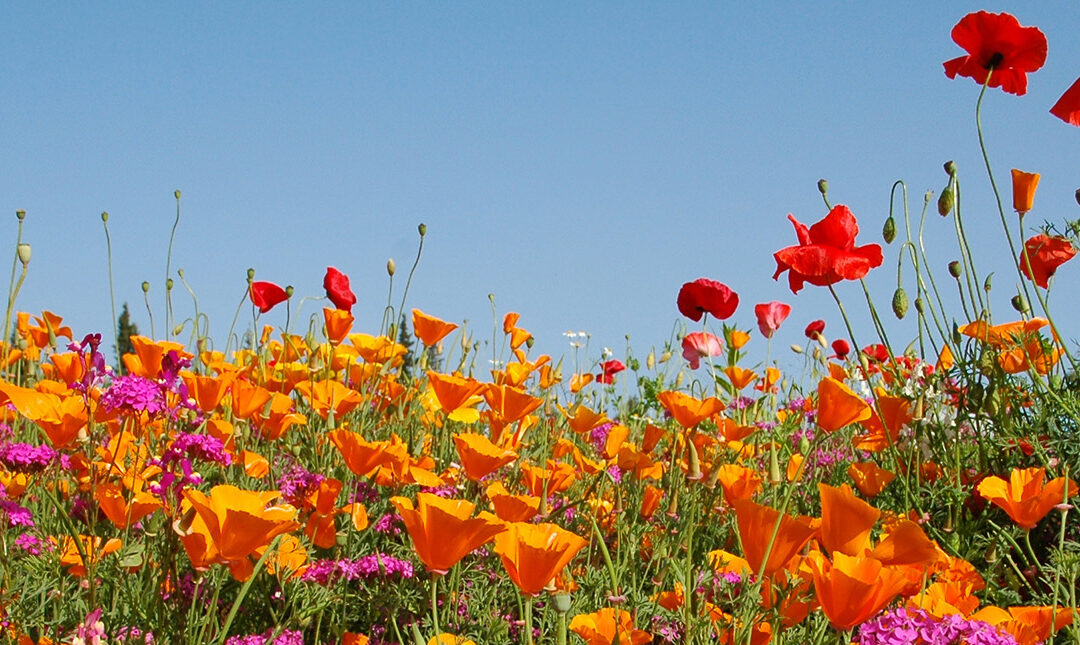Plants are essential to our lives. They provide – either directly or indirectly – all of our food and the oxygen we breathe. They are a source of important medicines (aspirin developed due to the study of rotting tree bark, and penicillin came from mold). They are the foundation of all terrestrial communities and, as such, have a dramatic impact on the world’s climate, the global cycles of nutrients and water, and the daily lives of every living creature.
Botany – sometimes referred to as plant science, plant biology, or phytology – is the study of all aspects of the biology of plants, including their structure, properties, and biochemical processes. The importance of the field of botany cannot be overstated, as botanical research has resulted in an increased and improved supply of medicines, foods, fibers, building materials, and other plant products. In addition, conservationists use botanical knowledge to help manage rangelands, forests, parks, and wilderness areas. And environmental protection and public health professionals depend on their understanding of plant science to help solve society’s most pressing pollution problems.
To learn more about botany and to access Ocean Connect’s wide range of educational and career resources, please visit our Botany snapshot.

